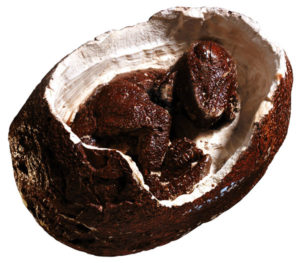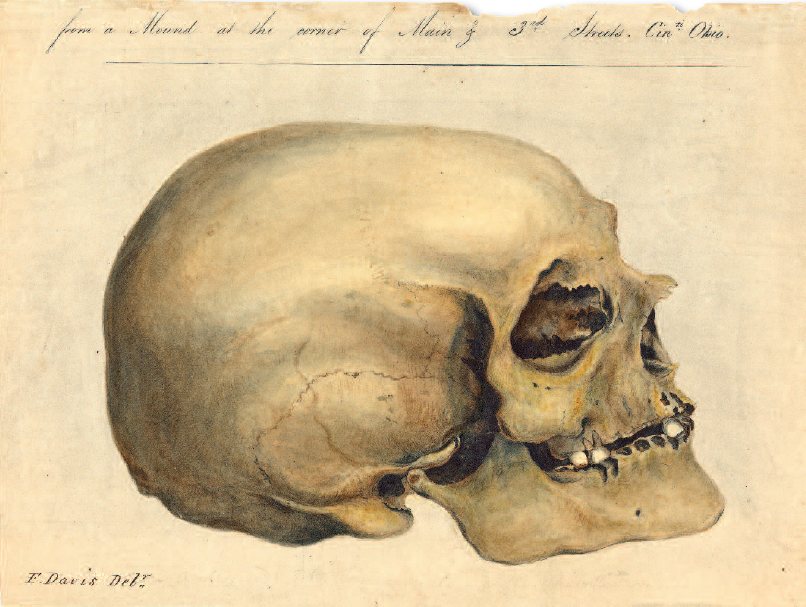A different approach to dinosaur embryology has revealed another layer to our understanding of the demise of dinosaurs and rise of mammals as a result of the end-Cretaceous mass extinction event. In a 2017 Proceedings of the National Academy of Sciences paper, a group of researchers led by Gregory Erickson hypothesized that dinosaur eggs may have growth lines present on embryonic teeth that could be used to determine incubation times.

Not much is understood about dinosaur embryology, aside from what is known about birds. This is in part because fossils of dinosaur eggs, especially those containing embryonic skeletons, are among the rarest in the world. Despite this difficulty, using these fossils to refine estimated incubation times of dinosaur embryos can shed light on their development, life history and evolution.
Historically, paleontologists have assumed that dinosaur incubation periods were rapid based on their extant counterparts, birds. Considered living dinosaurs, birds are a logical surrogate from which to extrapolate dinosaur incubation times. It is important to note that embryonic incubation in birds is different from other living relatives of dinosaurs, modern reptiles. While reptile embryos develop slowly, birds differ by laying fewer, larger eggs with rapid incubation.
Continue reading “Did Dinosaurs Take Too Long to Hatch?” As scientists, we are supposed to be objective and unbiased. We are trained to use sound scientific methods and experimental design to let the data speak for itself. By doing this, we remove our preconceptions and biases from the equation, because as human beings, we are both subjective and biased. Early this summer, there was quite a buzz about an article published in PLoS Biology (1) that debunked a paper (and prize winning book) by Stephen Jay Gould (1941–2002) that many of us probably read at some point in our academic training as scientists.
As scientists, we are supposed to be objective and unbiased. We are trained to use sound scientific methods and experimental design to let the data speak for itself. By doing this, we remove our preconceptions and biases from the equation, because as human beings, we are both subjective and biased. Early this summer, there was quite a buzz about an article published in PLoS Biology (1) that debunked a paper (and prize winning book) by Stephen Jay Gould (1941–2002) that many of us probably read at some point in our academic training as scientists. 